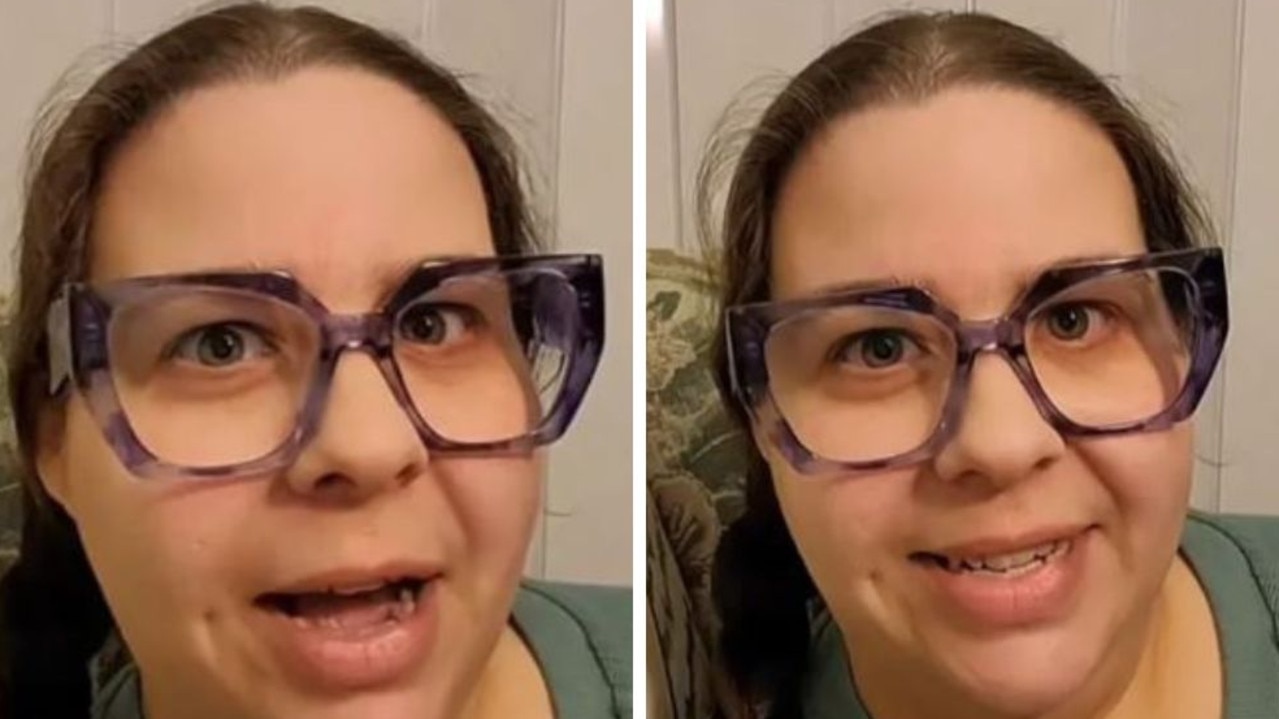Taboo relationship is on the rise in Australia
New data has revealed insights never known before, revealing more Aussies than ever are engaging in a once controversial relationship.

Sex
Don't miss out on the headlines from Sex. Followed categories will be added to My News.
The number of Australians having sex outside of their relationship has increased, according to new data.
Affairs have been happening since the dawn of time, but interestingly, it’s not just the married among us that are getting it on outside of their shared bed these days.
As stigmas and cultural attitudes change, the number of people engaging in an “open relationship” is on the rise, as couples explore options outside societal norms.
Unlike traditional partnerships, where sex outside of the family unit is classed as “cheating”, those who “open” their relationships are allowed to seek intimacy with other people – without ramification.
Statistics showing how many Australians are in open relationships have been non-existent in the past, but news.com.au’s Great Aussie Debate has given new insights on the once taboo topic.
Of the 50,000 Australians who took part in the survey, 1.4 per cent admitted they were in an open relationship. The results did not come as a surprise to Carmen and Linwood, who are in an open marriage after tying the knot six months ago.
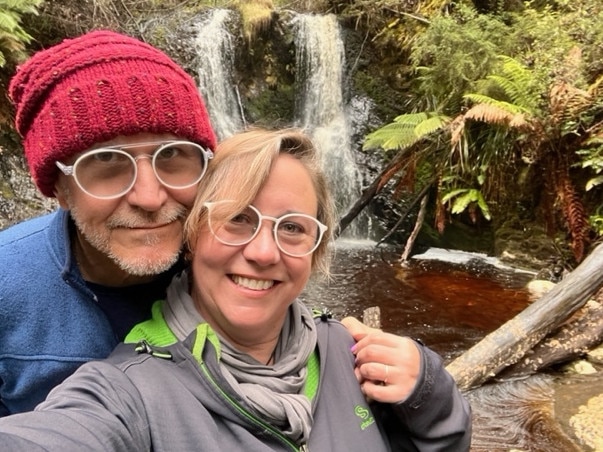
“We started off as ethically non-monogamous from the beginning after both having monogamous marriages that for different reasons didn’t work out,” Carmen, a sex coach and mentor, told news.com.au.
“There was a lack of intimacy in both of our previous experiences, and it was something that we weren’t particularly happy about.
“One of the things that attracted us to one another when we met is that we were both open to different relationship styles.”
Both Carmen and Linwood, who are what’s known as “primary partners” in the open-relationship community, said dating other people has helped deepen their connection and fuelled their physical relationship.
The pair, who met online in 2016, said they practice “compersion”, a term to describe wholehearted joy and happiness for someone else – even when their positive experience isn’t mutually beneficial.
“We both get pleasure from the other’s pleasure – even if it is with someone else,” Linwood explained.
“It’s the opposite of jealousy. If Carmen were to go on a date, I would feel happy about the fact she’s going to have a lovely time.”
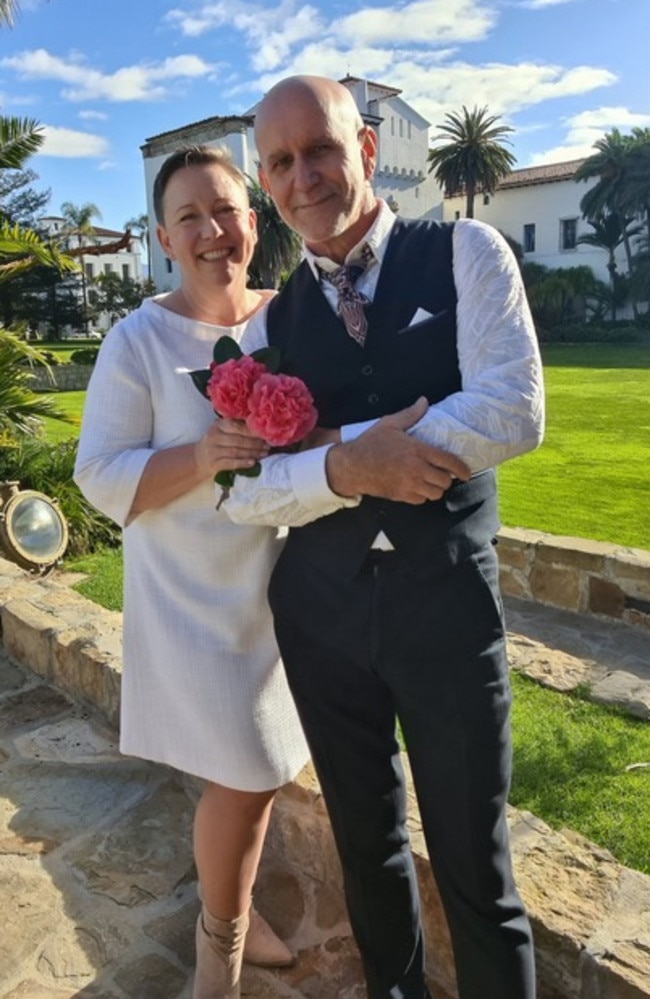
US-born Carmen agrees, stating she finds herself “turned on”, by her husband’s extra-curricular activities, though stressed the couple do have a few ground rules.
“Others often have agreements that they hammer out, but for Linwood and I, we like to continuously have conversations,” she said.
“We do check-ins with each other around how we’re feeling which builds up trust over a long period of time.
“One of the most important things for us is our safer sex practices, how often are we going to get tested, that sort of thing.”
The couple, who now live together in California after doing seven years of long-distance dating between Linwood’s home in Queensland, said that despite best efforts there would always be road bumps.
“We have experienced new partners who’ve said they’re OK with this style of relationship, and perhaps they were at first, but their feelings changed as time goes on,” Linwood explained.
“It’s a potential pitfall, because you can’t manage people’s feelings,” Carmen added.
“So the only way to navigate it is through constant communication which can identify problems before someone’s feelings get hurt.”
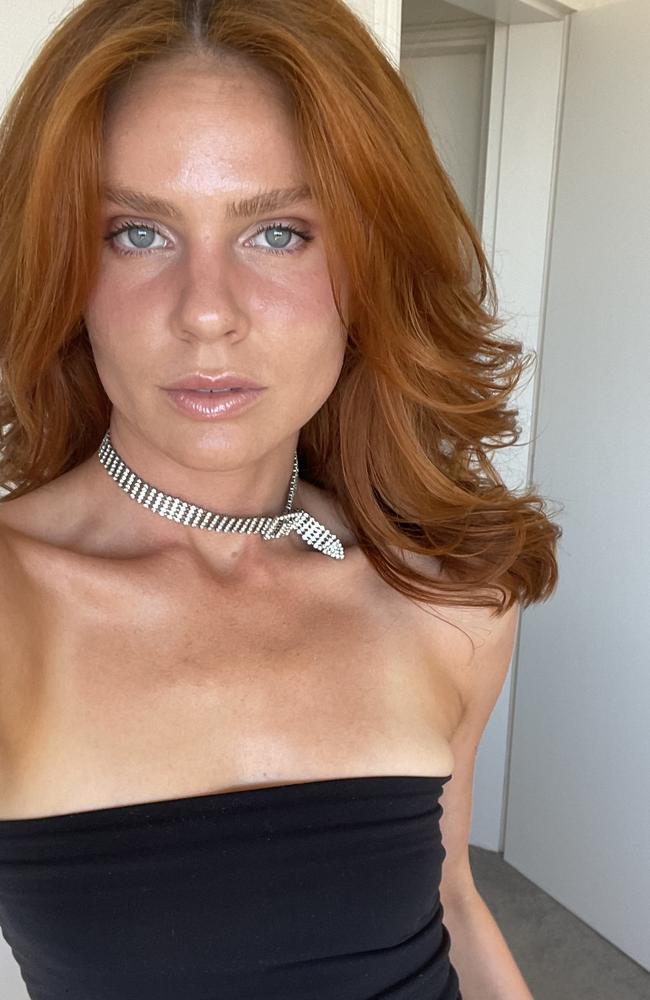
While Carmen and Linwood discovered the benefits – and snags – of having sex with other people later in life, 28-year-old Ivy is one of the growing number of young Australians who have never welcomed monogamy with open arms.
The Sydney woman came across open relationships while studying psychology and said she found it “very appealing”.
“I could see logic in it, and even moving away from logic and coming to emotions, I felt that every relationship I’ve ever been in had an expiry date,” she told news.com.au.
“The idea of being someone for the rest of your life, when you’re only 23 is daunting.
“So I started exploring being open. But it’s quite hard to find anyone willing to be ‘open’.”
Data from the Great Aussie Debate supports this, with the results finding 3 per cent of the respondents are having sex with someone else without their partner’s knowledge.
It seems a secret affair appears more tantalising to the average Australian than opting for a less-than traditional relationship, a detail Ivy argues is down to how “tough” engaging in ENM (ethical non-monogamy) can be in a society the holds marriage to the highest esteem.
“It drives me crazy when people invalidate open relationship, because there’s so much that goes into building that trusting environment between two people,” Ivy said.
“Everything is against you. I really struggle to see how anyone views it as a lesser form than a monogamous relationship, if anything, I feel like people in open relationships deserve more credit.”
Ivy, who is currently single but has been “open” with a former partner, explained no two ENM relationships will look the same – but stressed they can’t be successful without clear communication and honesty.
“I’ve still always wanted like a life partner, so I don’t see myself having multiple partners,” Ivy explained.
“I see myself having one partner and not closing myself off to other experiences, whether they be just a fleeting sexual experience or whether they be like a brief exploration of chemistry with someone else.
“But I still want that one primary partner who hopefully I might have kids with and build my entire life with.”
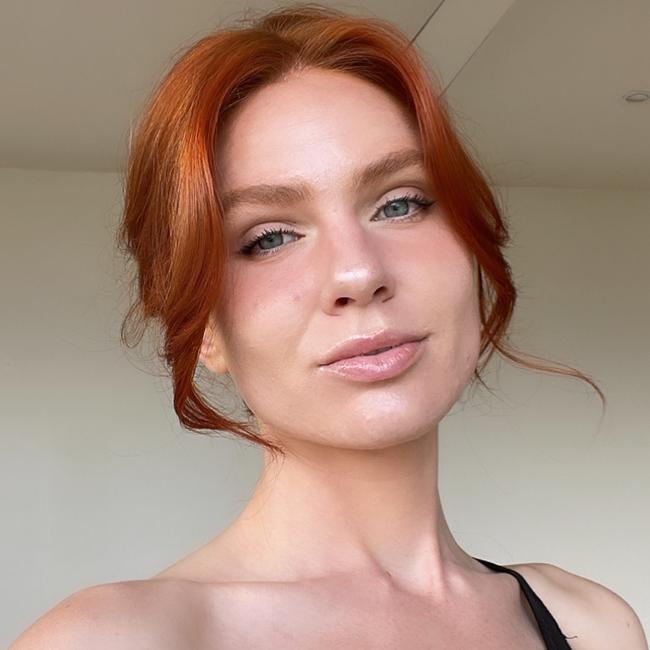
Interestingly, despite Gen Z being widely credited for shunning traditional dating structures, the Great Aussie Debate data found twice as Millennials were currently engaged in open relationships.
There were also twice as many people aged 40 to 49 in open relationships compared to the 18 to 29 age group.
Despite the tide changing, Ivy said it has been hard for her to find someone “fully comfortable” with that scenario.
But she hoped the change in attitudes towards different relationship styles would help educate others on some of the common misconceptions.
“I hope that with it being more popular, and people being more aware, it means we have better education around it, because it’s not a way to be unfaithful,” Ivy stressed.
“It’s not a way to have, you know, orgies or anything like that. It should still be a relationship.”
Because of this, Ivy has been documenting her dating journey, explaining on TikTok she’d utilised a newer feature on Tinder that allows you to search by dating preferences.
Other apps have followed suit to offer users more options in response to demand. Even notorious adult dating site Ashley Madison, which is marketed at married people looking for “affairs”, has pivoted more towards “discreet dating” rather than alluding sex outside of a committed relationship needs to be hidden.
“The biggest roadblock I’ve faced with my relationship style is the fact it culturally wasn’t normal,” Ivy said.
“I totally accept it’s not for everyone, but I just don’t feel like there needs to be a rigid framework that every relationship has to fit into.
“We all have different flavours of ice cream we like. Relationships are no different.”
Originally published as Taboo relationship is on the rise in Australia






